Note: This post contains affiliate links which means if you click on a link and purchase an item, we will receive an affiliate commission at no extra cost to you.
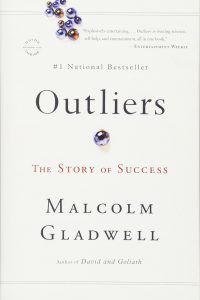
Why This Book Matters:
Success is frequently more than just a combination of talent and hard work, as Malcolm Gladwell illuminates for us in Outliers.
Gladwell argues that outlying factors such as age, culture, and upbringing play major roles on the road to success, or disaster.
Key Takeaways:
- Mastering your craft takes 10,000+ hours
- Natural talent only gets you so far – the most successful people in any field have practiced for at least 10,000 hours.
- Example: Michael Jordan, arguably the greatest basketball player ever, had to work hard to overcome many setbacks, such as being cut from the varsity high school basketball team as a sophomore.
- Luck and timing play a big role in success
- The window of opportunity for many business ventures is very small. So uncontrollable factors such as when you’re born can play a big role in your future success.
- Example: Steve Jobs and Bill Gates started software/computer companies when they were young before they had family commitments, and when the consumer computer market was still nascent.
- Culture can have more influence on success than we realize
- Different cultures come with different expectations of their people, alternative ways of thinking, and different ways of approaching new information, which may impact the difficulty of acquiring new tasks.
- Example: The Chinese language has a simpler number pronunciation structure, which makes math easier to digest logically than when computed in English.
- How we raise our kids impacts how they approach life and seek success
- Teaching your children practical intelligence, (the ability to work social situations in their favor), at a young age is more important in determining success than natural talent.
- Example: Wealthier parents tend to provide their children with more socially enriching activities that teach them practical intelligence, whereas poorer families tend to follow a pattern of natural growth where children are not exposed to as many opportunities.
- Recognizing the reasons behind uneven playing fields can help realize success for all
- The more we identify specific outlying factors that contribute to an individual’s overall success, the more we can recreate those factors for other members of the community who would otherwise miss out.
- Example: A school in South Bronx implemented the KIPP (Knowledge Is Power Program) to give its students the same opportunities wealthier students had, which led to 84% of its pupils performing at or above grade level in math.

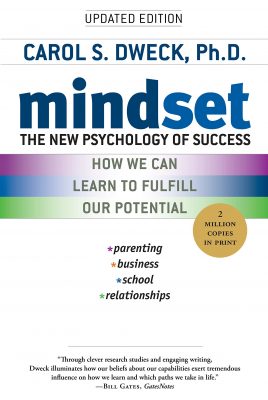
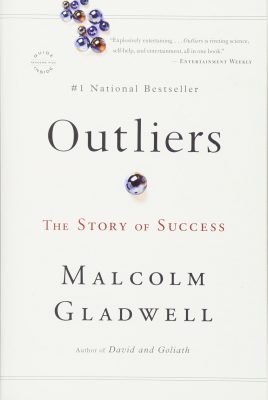
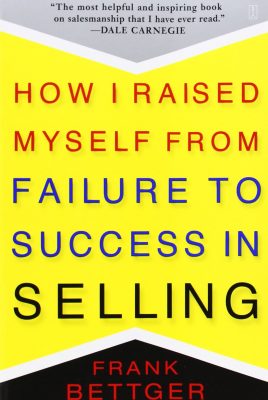

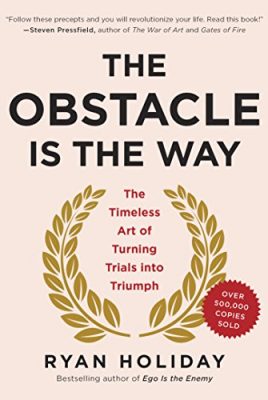

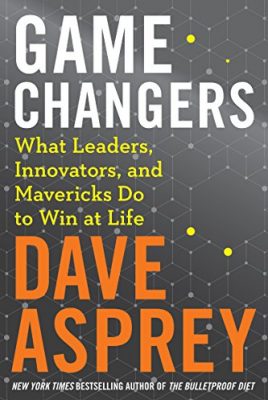
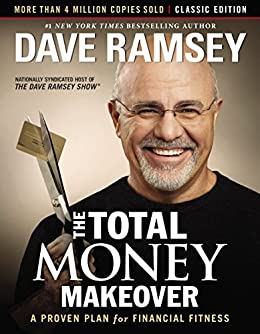
Leave a Reply
View Comments